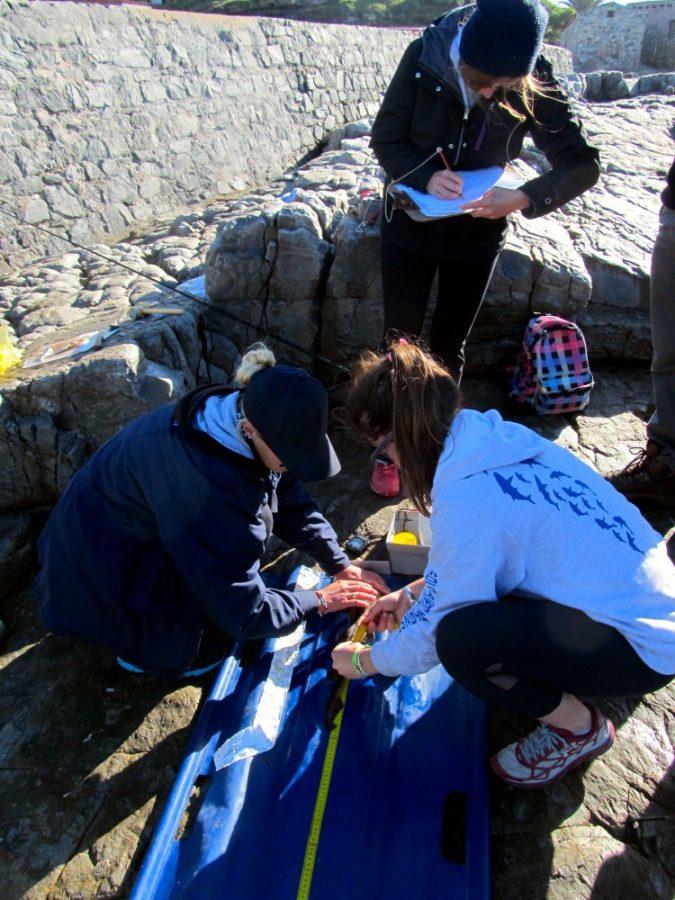The school year can be intense, filled with exams, extra-curricular activities and work. However, there are multiple ways to spend the summer like lying on a beach with a fresh coconut in one hand and a good book in the other.
For aspiring scientists, summer is the perfect chance to make a meaningful contribution to a research project; hands-on experience is the most effective way to explore what students are passionate about and—perhaps more importantly—learn what students are not passionate about before committing to a career.
For science majors today, research experience is becoming less of a privilege and more of an expectation. Most jobs and graduate schools expect applicants to have had some form of experience in their field, regardless of how many courses they take each semester.
The good news is research experiences for undergraduates are becoming more widespread and accessible. For aspiring marine scientists, there can be more to a summer and a beach than a good tan—it’s an opportunity to build experience, prepare oneself for graduate school, apply textbook theory in the field and make connections. The same concept applies to all majors. There are paid programs to research astronomy in Puerto Rico, biology in San Francisco, computer science in Florida and geophysics in Antarctica.
The National Science Foundation offers funding for a prestigious set of summer projects, called Research Experiences for Undergraduates. Students who are interested can apply to affiliated national and international sites from a myriad of disciplines—transportation, housing and a stipend are all included in the award.
“REU programs are fantastic opportunities for students to get exposed to, and involved in, cutting-edge scientific research,” said Dr. Jessica Tierney, a UA professor in the department of geosciences. “You’ll find yourself working with leaders in the field and you’ll get a real hands-on experience, whether that’s in the field or in the lab.” She added that the experience strengthens an applicant’s competitiveness when applying for graduate school.
Countless other opportunities for paid research are accessible online, including the George Melendez Wright Young Leaders in Climate Change internship, the Dr. James A. Ferguson Emerging Infectious Diseases Fellowship Program that is run through the Centers for Disease Control, the Public health Leadership and Learning Undergraduate Student Success Program and the National Oceanic and Atmospheric Administration Hollings Scholarship.
For those less inclined to travel, paid summer research opportunities are available right here on campus. Programs like the Undergraduate Biology Research Program offer UA students the chance to connect with university faculty and gain experience by working with a mentor on a research project through the summer and following school year.
Even though summer is still a semester away, most paid programs have applications due in the winter and require personal statements, transcripts and letters of recommendation.
However, even if students miss the deadline for nationally competitive scholarships, there are still opportunities to gain hands-on experience in their field of interest, including independent research stations that offer unpaid internships, which are less expensive than study abroad programs.
These internships offer more flexibility and are often located in around the world: Students can study marine science in Thailand with the Center for Oceanic Research in South East Asia or biology in Namibia with the Cheetah Conservation Fund.
Although research is becoming more necessary for undergraduates to succeed in science fields, it is also becoming more accessible and varied. There is nothing left to do but to apply.
Follow Julianna Renzi on Twitter









